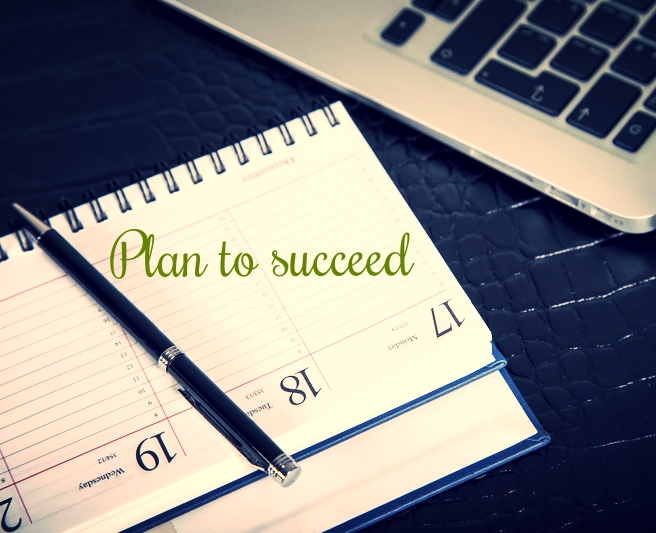Do people know who are you? What you're selling in your business? Who you work with? Why they should buy from you?
Getting visible online is something a lot of business owners really struggle with, but it's also one of the very best ways to be seen. To be known. To get more clients. To make more money.
When you're visible you can share your experience, your expertise, and give your audience the opportunity to get to know you. This is how you build relationships. You're creating the "know, like and trust" factor, which is how many people choose what to buy and who to buy it from.
Here's the good news. You don’t need to be a social media expert to make social media work for your business - you just need to be visible on it!
The bad news? Visibility is often something business owners have a really hard time with.
You may find yourself shying away from posting online too much or not wanting to share too many photos, personal stories or selfies.
So, how can you get comfortable and start taking action so that people can see you, your business, and all of the value you have to offer? Be visible. And if that feels hard, get more comfortable with being visible in a safe space designed just for that - my visibility challenge.
I want to support business owners as they talk about their mindset. I want them to be more comfortable posting in a variety of places online, dabble with video and even start thinking about getting media attention.
Let's get you in front of more people so more people have the opportunity to start working with you!
Are you ready to attract your ideal clients? Together let's get more active in the online space, share relevant content, and build relationships with the people in your networks. That is how you stay top of mind, which is what visibility is all about.
So, sign up for my visibility challenge. It takes about 5-20 minutes per day (some days less!) over 14 days. We'll start getting comfortable, setting up good visibility tactics and building relationships with each other at the same time.
Let's get visible together! See you over there!






